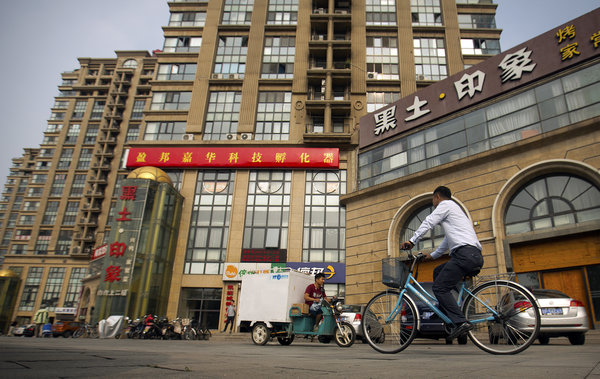Over 200 human rights lawyers have been detained during the past few week by Chinese law enforcement authorities in Beijing. The Chinese government has been charging lawyers with participating in criminal gang activity and disturbing societal order as well as sensationalising ordinary issues and turning them into political issues. Many of these lawyers and activists have been denied communication with their families and access to lawyers while being held in custody.

A protest outside the Chinese consulate in San Francisco against the detention of lawyers
Photo: theguardian.com
At the time of going to press, it is believed that 20 are still in custody, according to Human Rights Watch. Chinese television broadcasts have shown some making humiliating confessions or portrayed as rabble-rousing thugs. Communist Party newspaper commentaries have accused them of subversion and swindles.
The main target of the Chinese arrests was the Fengrui law firm that has served many high profile cases, including that of Ai Weiwei, the dissident Chinese artist whose passport has recently been returned to him by Chinese authorities more than four years after it was confiscated and he was detained for 81 days without charge. However, the arrests have been extended to lawyers in other law firms. The arrests began with the detention of Fengrui lawyer Wang Yu on July 9, followed by the arrests of many other lawyers at the same firm, many of whom had signed a letter speaking out against Yu’s detention. Many of the 200 detained lawyers have been unable to communicate with the outside world, and human rights groups are concerned about the high possibility of torture for many of those arrested. There are a number of those detained who are “missing”: Chinese law enforcement has not given information regarding their location or well-being to family and friends.
Chinese state media has been condemning human rights activists and lawyers with accusations which include organising paid protests and spreading false rumours online to affect court decisions. Recently, Chinese news reports have been portraying human rights activists in a derogatory light and as criminals disturbing social order. Human rights groups are concerned that the Chinese government will deem human rights activism itself an illegal activity.





 Print
Print Email
Email